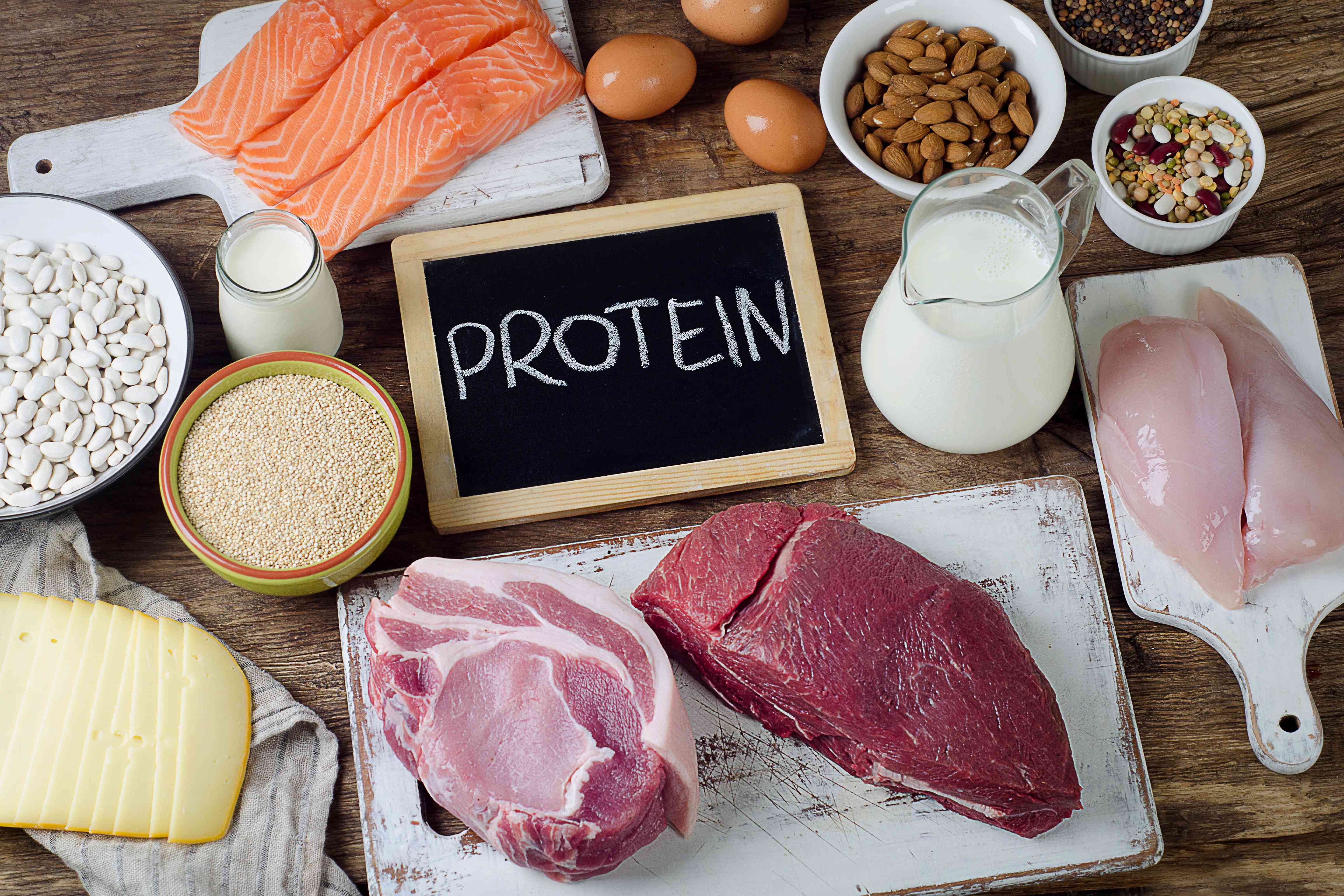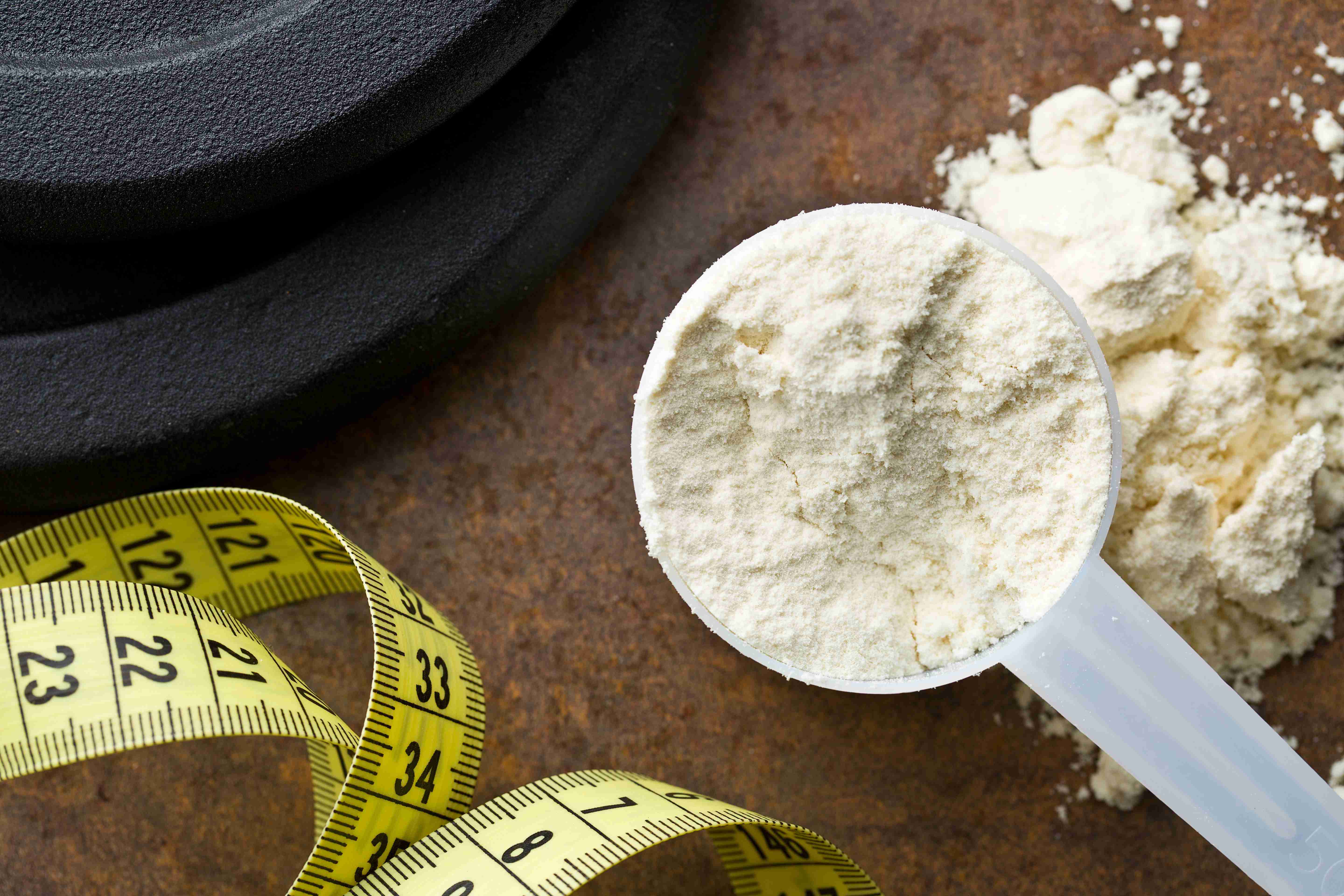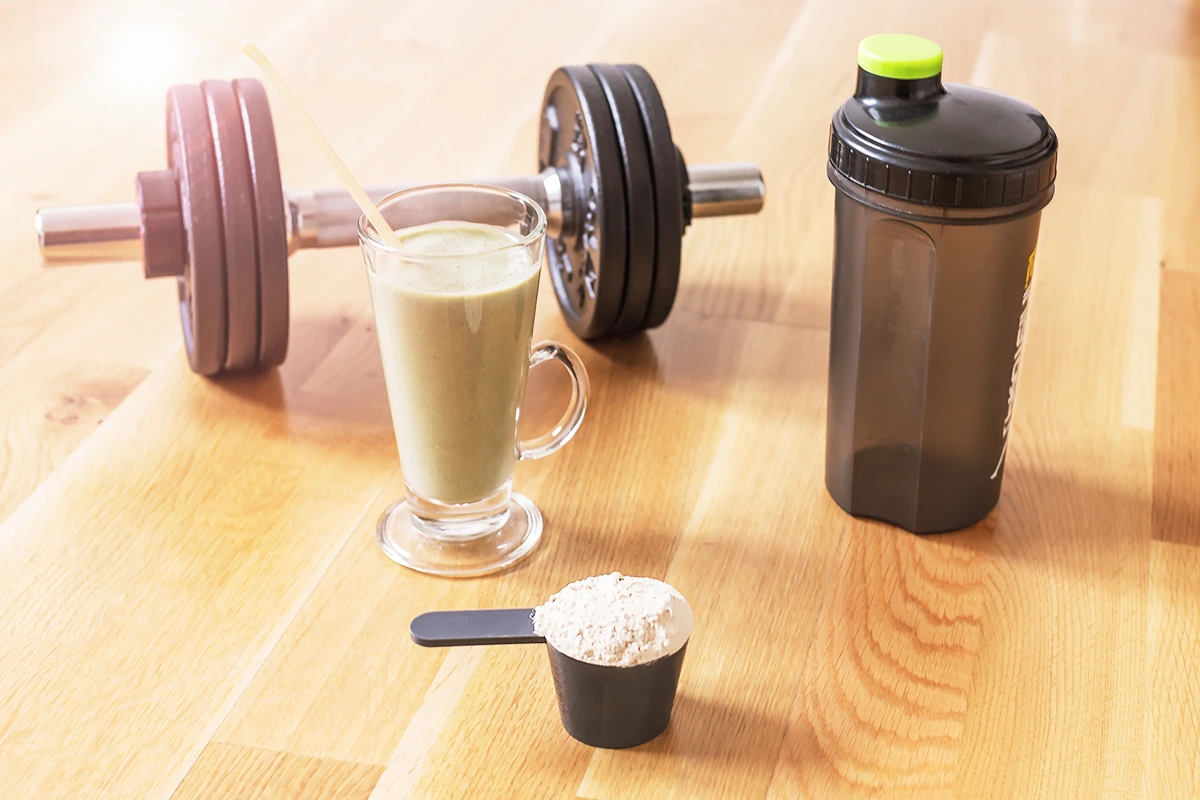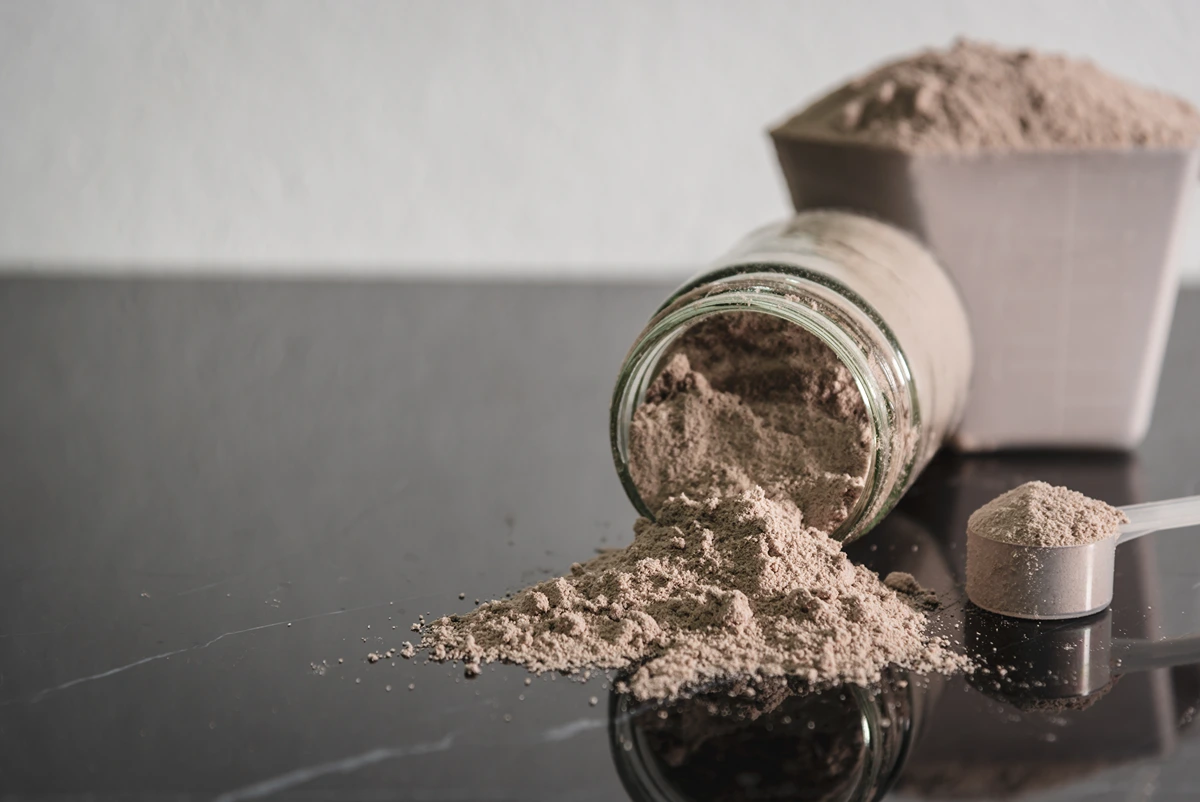

Looking to amp up your fitness routine and make the most out of your workouts? You've probably heard a thing or two about whey protein. It's all the rage in the fitness community, but what exactly is it? Well, whey protein is a type of protein derived from milk during the cheese-making process.
Whey proteins are usually packed with essential amino acids that our bodies need to build and repair muscles. However, before you jump on the whey protein bandwagon, let's take a closer look at the pros and cons, so you can decide if it's the right fit for you.

Whey protein is a powerhouse when it comes to fueling your fitness journey. Here are some key benefits of incorporating whey protein into your routine:
Easy Absorption: One of the advantages of whey protein is its high bioavailability, meaning it is easily absorbed by the body. This makes it an ideal choice for a post-workout snack, as it provides quick nourishment to replenish your muscles.
Weight Management Support: Whey protein stimulates the release of satiety hormones, helping you feel fuller for longer and reducing cravings. Additionally, whey protein supports the development of lean muscle mass, which can increase your metabolic rate and promote fat burning.
Overall Health Benefits: Beyond its impact on muscles and weight management, whey protein may also offer additional health benefits. It has been associated with improved immune function, reduced inflammation, and better overall well-being.
By incorporating whey protein into your fitness routine, you can unlock its potential to support muscle growth, aid in weight management, and enhance your overall health.

Whey protein can be a valuable addition to your fitness journey, providing essential nutrients and supporting muscle growth. But what about individuals with specific dietary needs? Don't worry, there are options for you too! Whether you're lactose-intolerant, gluten-free, or follow a strict vegetarian or vegan diet, whey protein has got you covered.
For lactose-intolerant individuals, there are lactose-free options available. These products have the lactose removed or broken down into simpler forms that are easier to digest.
If you're concerned about gluten, rest assured that there are certified gluten-free whey protein brands on the market. These brands undergo rigorous testing and meet strict standards to ensure they are safe for individuals with gluten sensitivities or celiac disease.
For those following a vegetarian or vegan diet, plant-based protein powders offer an excellent alternative to dairy-based whey protein. These powders are typically made from sources like peas, rice, soy, or hemp.

Common digestive issues—bloating, gas, or discomfort—can sometimes accompany the consumption of whey protein. While this may not be the case for everyone, it's important to be aware of these potential side effects.
Personalized tolerance levels play a significant role when it comes to whey protein. Each person is unique, and what works for one may not work for another. If you're new to whey protein or have a sensitive stomach, it's advisable to start with smaller doses and gradually increase them as your body adjusts.
Remember, your body is an excellent communicator. Pay close attention to how you feel after consuming whey protein. If you experience any adverse effects or discomfort, it's essential to listen to your body and consider alternative protein sources.

When it comes to choosing the right whey protein supplement, you have a plethora of options to consider. Each type offers its unique benefits and considerations. Let's dive into the world of whey protein and explore which one might be the perfect fit for you.
Concentrate: The All-Rounder
Whey protein concentrate is a popular choice among fitness enthusiasts due to its affordability and versatility. It contains a moderate amount of protein, along with small amounts of lactose and fat. This makes it an excellent option for those looking to maintain muscle mass and support their fitness goals without breaking the bank.
Isolate: Pure Protein Power
If you're seeking a higher protein content, whey protein isolate might be your go-to option. Through an additional filtration process, isolate removes more lactose, fat, and carbohydrates than concentrate, resulting in a purer form of protein. It's ideal for individuals who are watching their calorie intake or have lactose sensitivities.
Hydrolysate: Rapid Absorption for Maximum Results
Whey protein hydrolysate undergoes further processing to break down proteins into smaller peptides, making it easier for your body to absorb quickly. This makes it an excellent choice for post-workout recovery as it provides rapid amino acid delivery to your muscles.
When choosing the right whey protein supplement for you, consider these factors:
Quality: Look for brands that prioritize high-quality ingredients and follow good manufacturing practices.
Brand Reputation: Opt for well-established brands with positive customer reviews and a track record of delivering reliable products.
Certifications: Check if the product has been third-party tested for quality assurance and meets industry standards.
Additional Ingredients: Some whey protein supplements come in various flavors or contain sweeteners. Consider your personal preferences and any dietary restrictions when selecting your preferred product.
Remember, there are various types of whey protein supplements available, so finding the one that works best for you is key. Listen to your body, choose quality products from reputable brands, and find your perfect fit!

